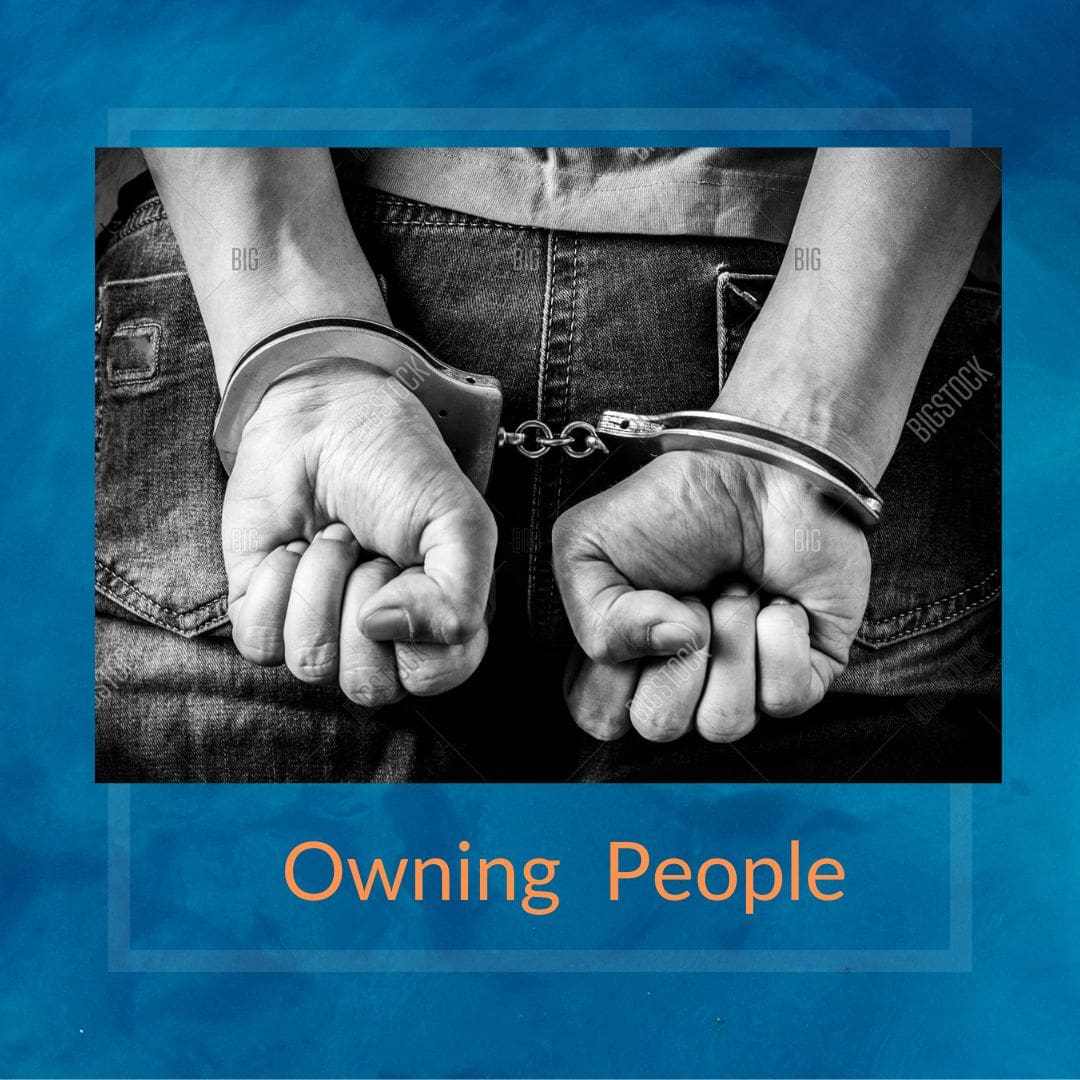
Owning People
Written by Randy Mayes
Owning People. When stated this way, it seems offensive. I more commonly hear it said this way, “my employees.” I recognize that most business owners and leaders don’t literally believe they own their people, but there is a fundamental problem with the statement “my employees.”
Based on old-school management philosophy, employment was a business transaction. The underlying rationale goes like this. I pay you for your time. Therefore. I at least own your time when you are at work. Your job as an employee is to do what I tell you and please the boss. And if you work long enough and hard enough at achieving my goals, someday you can be me.
First of all, they are not yours to own. They are capable humans who probably need a paycheck but long for so much more. You as a leader, have not only the opportunity to pay them well but give them so much more. To help them be a part of something bigger than themselves. To grow and develop them based on their unique gifts, talents, and interests. To develop a sense of belonging and community.
Your greatest opportunity as a leader is to move from a transactional approach to a transformational approach. James MacGregor Burns was the first to popularize the term “Transformational Leadership.” The quick summary of the concept is that transactional leaders focus on control and tasks and transformational leaders focus on building capable, competent, fully engaged team members who buy in to the “why.”
The underlying paradigms that support transactional leadership run deep and wide. Many of the leadership nuggets that we hold near and dear like “Hire slow and Fire quick” are based on transactional leadership. The primary question of an effective leader is not what can people do for me but instead, how do I help people become a part of something bigger than themselves. How do we together develop a shared purpose that impacts the world in a positive way.
This will take some self-reflection and work on your part. A good place to start is with your language. Listen to the pronouns you use. Try “my team.” Better yet use “our team.” You will know you are making real progress when the line between you and your team becomes blurred. You are no longer a boss but a peer. You become co-workers working towards a shared purpose.
All this is possible with good leadership but it won’t work if you are working from a transactional mindset, My encouragement to you is to focus on growing and developing your people. You will be happier, your team will be happier, and you will get better results.
What systems and people can help you do so?
Unlocking Potential
At DRYVE, everything we do is rooted in a simple but powerful belief: Every person has extraordinary...
Presence is a Superpower
What if the most powerful thing you bring to the table isn’t your strategy, your vision, or...
Lead From the Seat You’re In
The invitation was clear. The vision, compelling. The role, ours to take—until it wasn’t. We sat across...
Turning the Light On
She stood in awe, eyes wide, whispering Wow. Then she pulled a string—and the light disappeared. The...
Touch Someone
Fifteen minutes after I touched her, she was gone. Fifteen minutes after I touched him, he fell...
Meaningful Dialogue Changes Culture
Some organizations thrive. Others stay stuck. The difference? It often comes down to the conversations they have—or...
Are You Ready to Reset?
Leaders set clear goals, communicate expectations, and yet… engagement still falls flat. It’s frustrating when employees don’t...
Why You Should Care
Leadership isn’t just about tasks or goals—it’s about people. And people come with emotions, challenges, and stories...
What Foxes are Lurking in Your Backyard?
In a recent conversation with a leadership team, someone brought up an unexpected topic: foxes in the...
Happy Thanksgiving!
This week, we're sharing what we each are thankful for. Think about it... what are you thankful...










